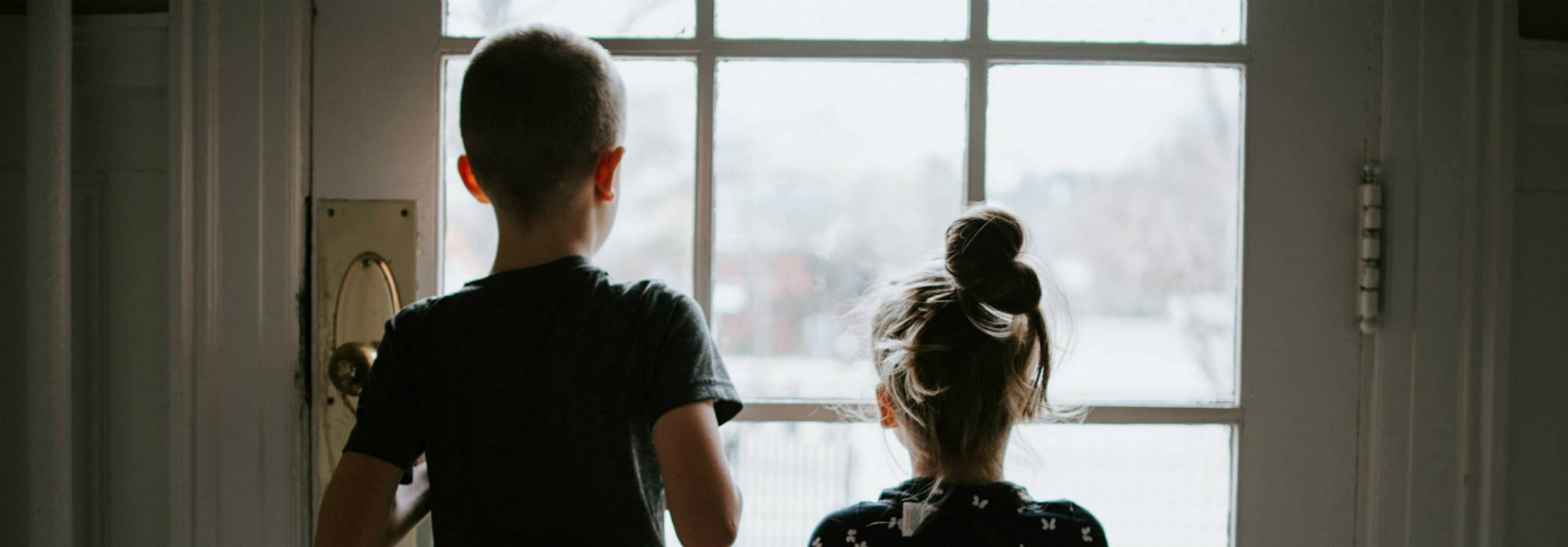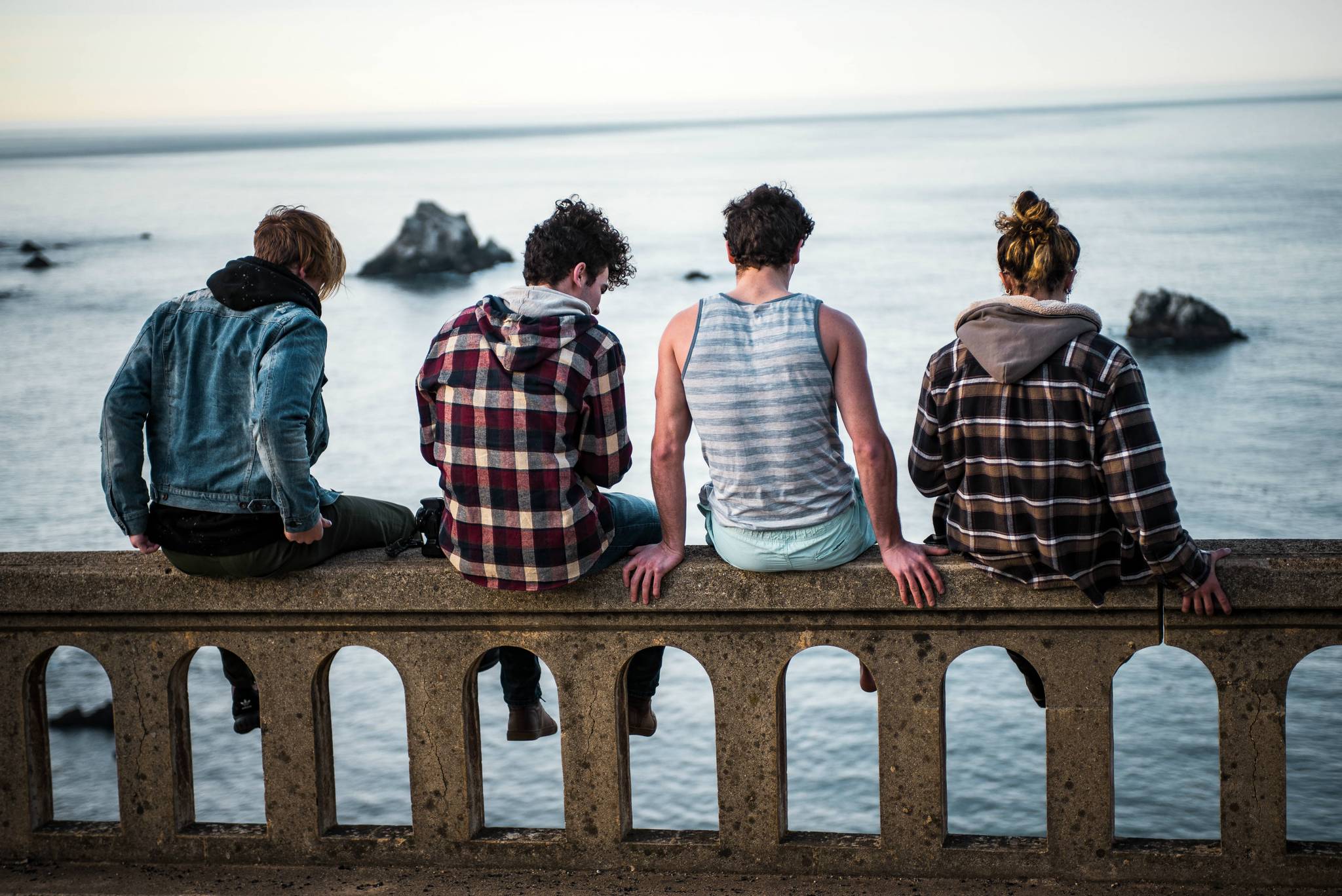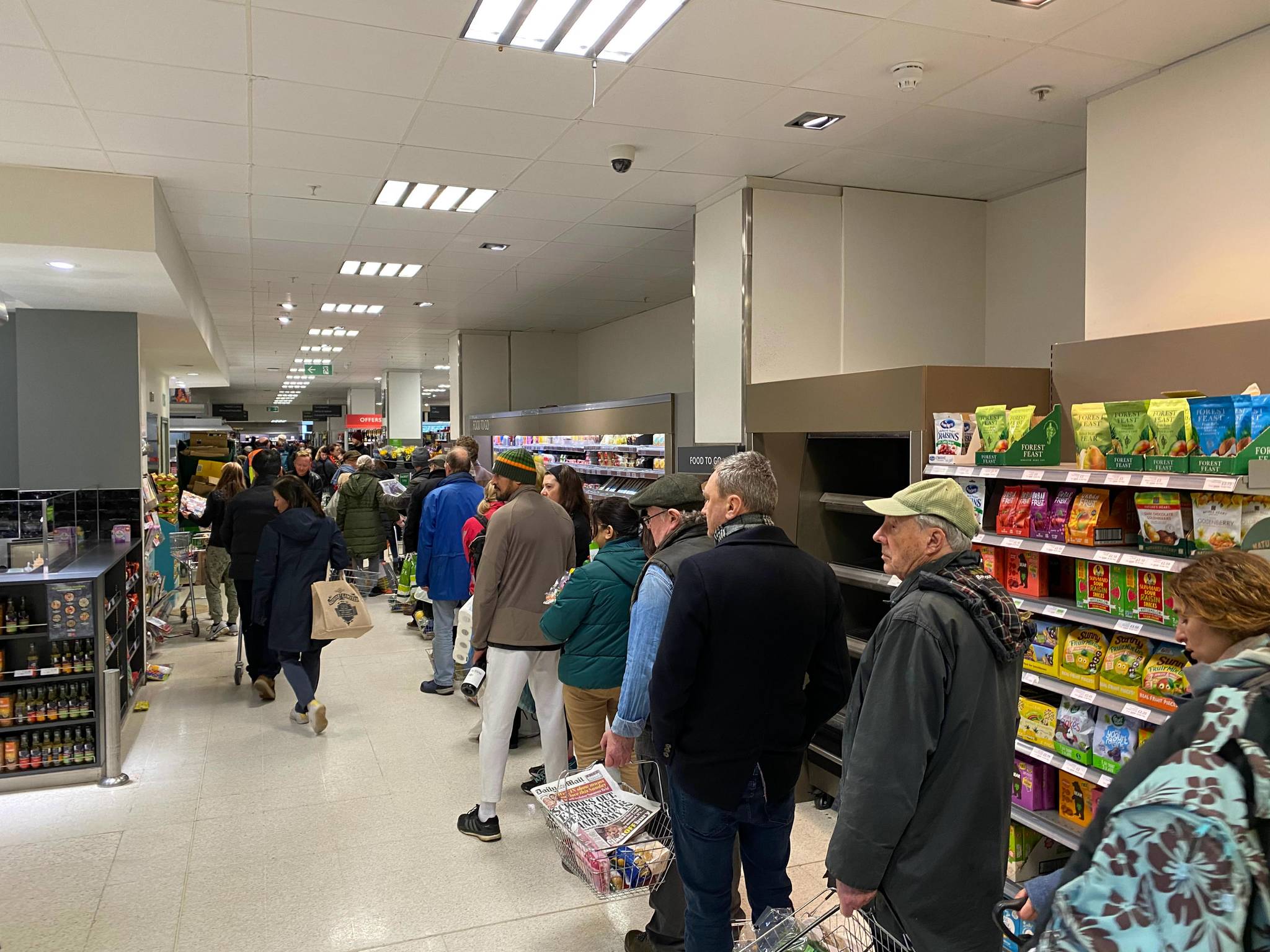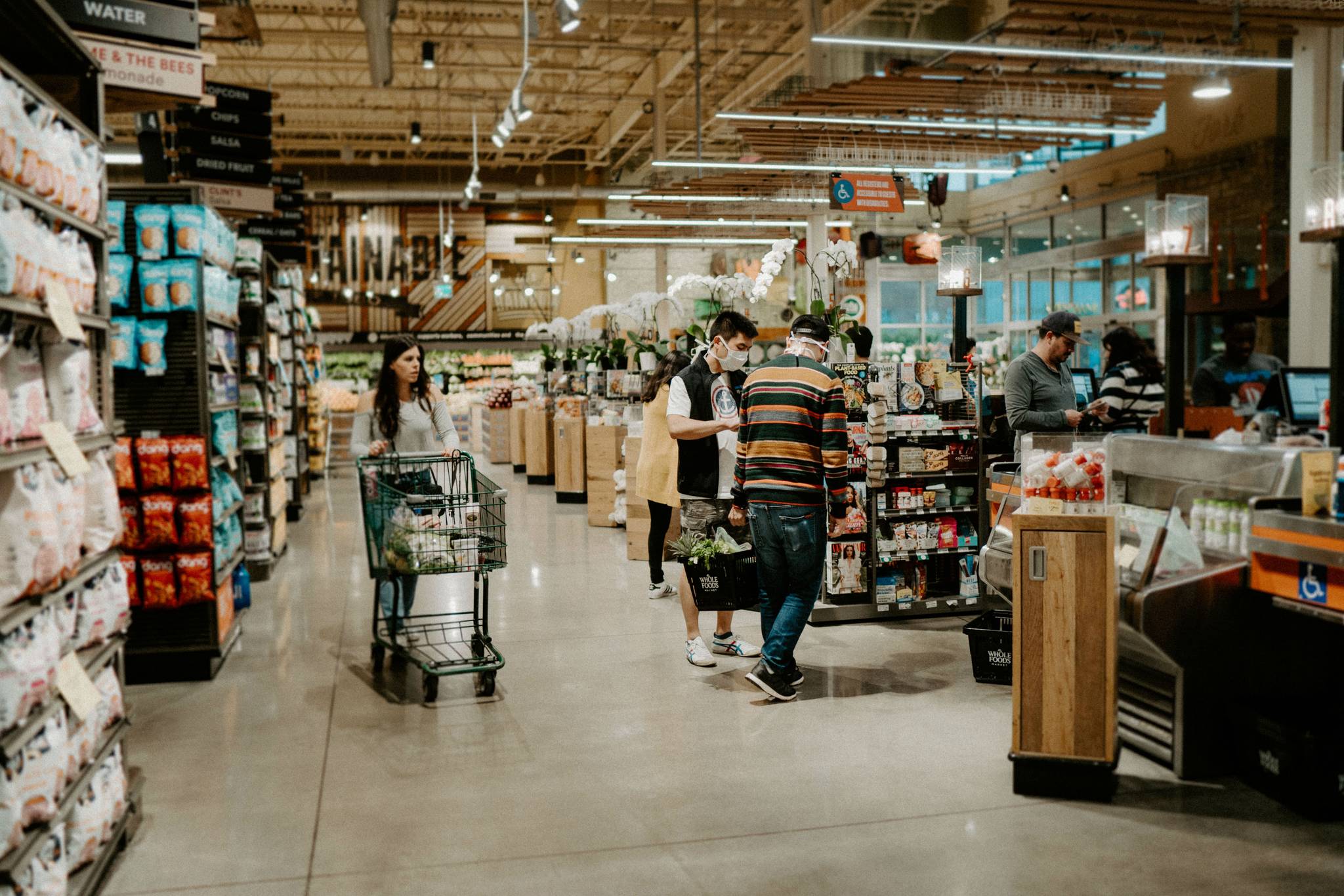
In a lockdown twist on the classic concept of illusory superiority, most Americans think they're better at social distancing than their neighbors. Despite strengthening ties in some ways, COVID-19 has also made us more judgmental, creating room for brands to help promote societal cohesion. We explore the insights behind this and how brands can counteract this by leaning into empathy.
Peeking out of the window to check out your neighbor’s hundredth Amazon delivery of the week or watching in shock as they linger outdoors has become a pastime for many in lockdown. Indeed, a survey has found that Americans have become judgemental of their neighbors and how well their social distancing efforts are going, while looking with rose-tinted glasses at their own actions. When asked to grade themselves and their neighbors on their ability to follow social-distancing guidelines, more than half of Americans gave themselves an A – but only 35% rated their neighbors so highly. And while nearly a quarter gave their neighbors a C or lower, only 11% marked themselves so low.
In late-April, more than a quarter (26%) of Americans said they didn't think that lockdown restrictions went far enough, and as such, fear is likely one reason people are judging one another. But it also has to do with illusory superiority, or the Dunning-Kruger effect – a cognitive bias whereby people with a small amount of knowledge on a topic overestimate their competence with regards to that topic. The lockdown presents an ideal situation for this effect to come into play: not only do most people not know as much as they would like about the virus, but without someone to blame for the lack of control they feel in the face of COVID-19, it seems they're casting a judgemental eye on their community.
This effect has the potential to drive a wedge between communities at a time when disparities are becoming more obvious. Simply put, the lockdown is a perfect storm for fear, caused by a feeling of lack of control and limited knowledge of the disease. Initiatives to promote prosocial behavior can counteract this by leaning into empathy and boosting community spirit.
Isabel Evans is a junior behavioural analyst at Canvas8. Fascinated by how and why people do things, she has an MSc in cognitive and decision sciences from UCL. You can often find her drinking endless coffees, running around Regent’s Park, or delving into a book.



